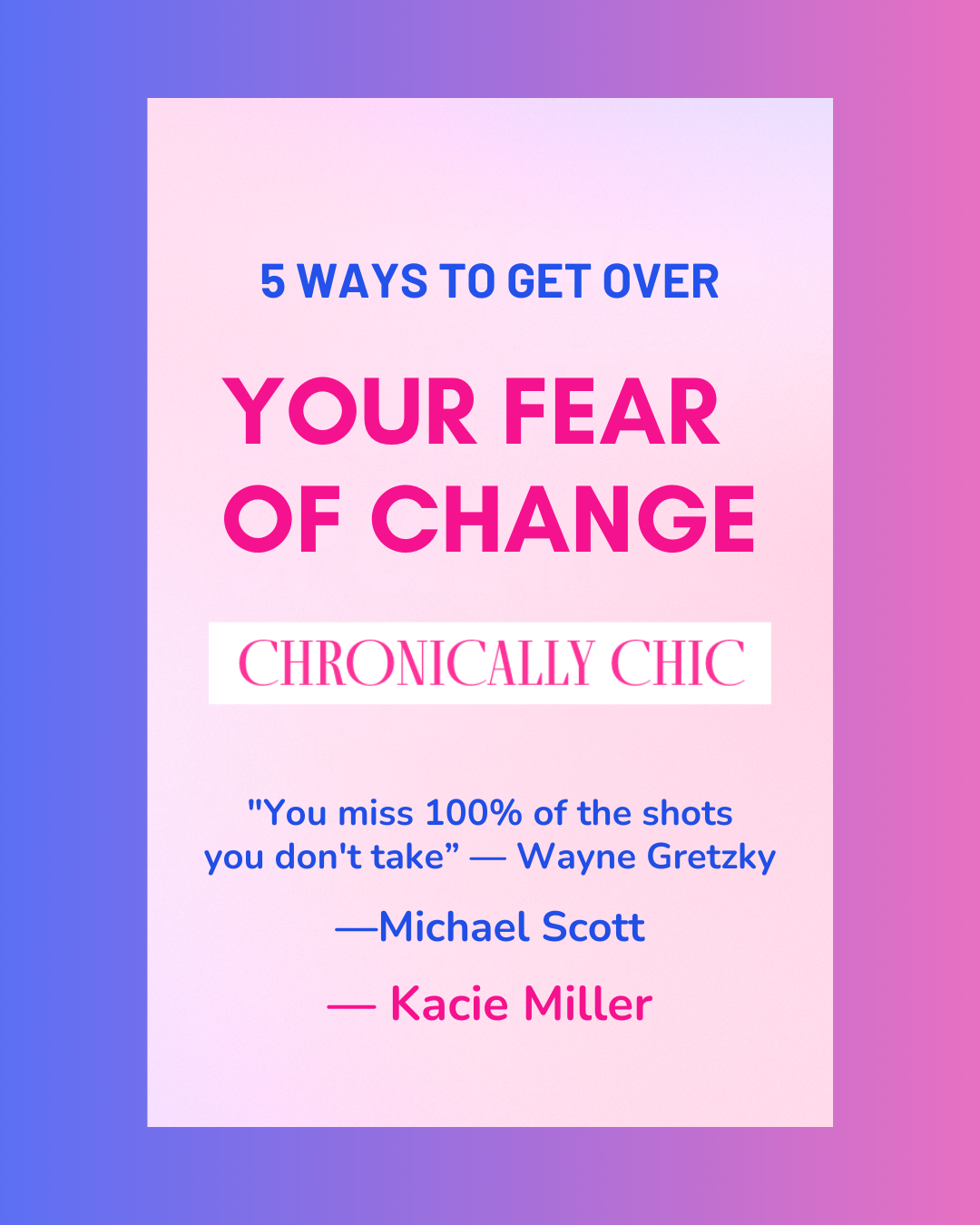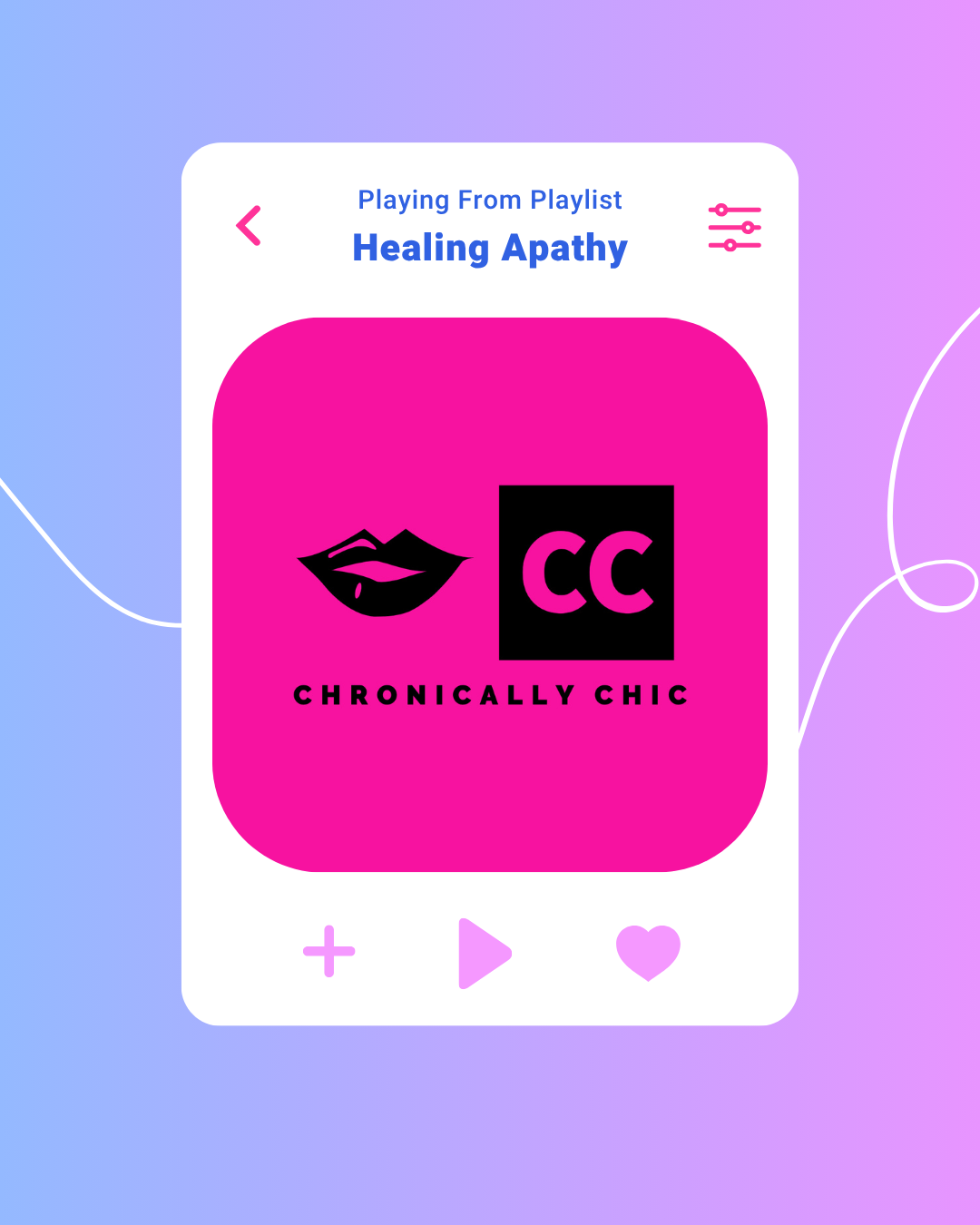How I Beat the Dark Days and Took Back Control of My Life
Hi friends!
Sick of hearing “just exercise more” or “think positive,” like it’s a magic cure? Same. When depression drags you under, those empty pep talks don’t help, they hurt. Depression isn’t a mood swing you can “snap out of.” It’s a full-body beast that hijacks your brain chemistry, your energy, your sleep, and even your appetite. And I’m not here to sugar-coat it. I’m here to tell you what helped me take my life back, messy, imperfect, but real.
Depression Isn't Just Feeling Sad
Depression doesn’t just look like crying in bed. Sometimes it’s bone-deep fatigue even after 10 hours of sleep. Sometimes it’s snapping at people you love because you’re just so raw. Sometimes it’s staring at your laundry pile for a week because moving feels impossible.
If this is you, you’re not broken. Your nervous system is in survival mode. And survival mode makes everyday life feel like climbing Mount Everest. Naming it for what it is matters because once you see it as a real, physical state, you stop blaming yourself and start working on small, practical shifts.
Fighting Back (Even When You Don’t Want To)
Depression doesn’t go away by waiting for motivation to magically appear. I had to learn to fight dirty. Not perfectly, not prettily, just consistently enough to keep the beast from taking over.
Movement, but make it fun. I loathe workouts. But I can throw on Lady Gaga and dance around my living room for 15 minutes. That counts. Movement is medicine, not punishment.
Challenge your brain’s lies. Depression loves to whisper, “You’re a burden.” Keep receipts. Write down three tiny wins a day: brushed your teeth, texted a friend, made coffee, and reread them when the spiral starts.
Anchor your day. Depression thrives in chaos. A morning ritual (open the blinds, sip coffee, play one song you love) and an evening ritual (tea, book, shower) can keep you from floating away.
PSA: You don’t have to do this alone.
I send out monthly emails with my real tips, honest mental health tools, and things that helped me feel okay again. Click here to join my newsletter.
Small Wins Add Up
When you’re in it, even “take a shower” feels like climbing Everest. So stop setting Everest-sized goals.
Start with ridiculously small wins:
Drink a glass of water.
Change into clean pajamas.
Walk to the mailbox.
Every time you do one thing, your brain learns: action = relief. That’s the magic. Over time, the wins build. One day you’re making your bed. The next, you’re cooking breakfast. Eventually, you’re leaving the house without it feeling like a full production.
💡 This is where my Chronically Chic Goal Tracker comes in. I built it for days like this, where you need structure without overwhelm. It’s not about hustle culture, it’s about giving yourself proof that you’re showing up, even in small ways. Track your “tiny wins,” your spirals, your mood shifts, whatever helps you see that progress is happening.
Reach Out for Help, And Be Specific About It
Depression lies and tells you to isolate. I learned the hard way: isolation feeds the beast. Connection starves it.
Start with low-pressure touches: reply to a meme, text “thinking of you,” send a TikTok. Don’t force hour-long conversations. Just practice being seen, even a little. Then schedule one social thing a week, coffee, a walk, a quick FaceTime. Energy begets energy.
Set Small, Achievable Goals
When you're in the grip of depression, even getting out of bed can feel like a monumental task. Setting small, achievable goals helps you build momentum. Start with tiny, manageable tasks and gradually increase their complexity as you feel more capable.
Daily Goals: Break your day into manageable chunks. Set goals like 'I will make my bed' or 'I will have a shower.' As you accomplish these, build on them. For instance, you could aim to take a short walk, do a load of laundry, or prepare a simple meal. Small wins add up and can lead to larger achievements.
Weekly Challenges: Set yourself weekly challenges that are slightly outside your comfort zone but still attainable. For example, you might try a new hobby, cook a meal, or reach out to a friend.
FAQs
What are the first small steps I can take to feel better when I’m depressed?
If you’re barely holding it together, start ridiculously small. I’m talking: drink a glass of water. Sit up in bed. Change into clean pajamas. Your brain needs to trust that action equals relief. Small, doable goals help build that trust again. My first step was brushing my teeth at the same time every day, no pressure to be perfect, just consistent enough to break the paralysis.
Why does depression make me feel tired all the time, even if I’m sleeping?
Because depression isn’t just mental, it’s physical, too. It affects your brain chemistry, hormones, nervous system, and sleep cycles. You could sleep 10 hours and still feel like you’ve been hit by a truck. That’s why building structure (like morning light, better nutrition, less screen time before bed) helps more than just sleeping longer. It’s about regulating your body, not just crashing.
What is the best routine for depression that actually works?
You don’t need a 10-step, influencer-level morning routine. The one that works is the one you can repeat. Try this:
Wake up and open the blinds
Drink something warm
Do one thing that grounds you (write, stretch, sit in silence, etc.)
Avoid social media for the first hour
End your day with something offline and calming (I like tea, a hot shower, or rewatching a comfort show)
These small bookends to your day give your brain structure and safety, even when everything feels chaotic.
How can I stop isolating myself when I’m depressed?
Start with low-stakes contact. Text someone, comment on a meme, answer a story, just touch base without the pressure of full conversations. I had to retrain myself to feel safe being seen when I didn’t feel like “me.” Try planning one social thing a week, even if it’s five minutes. Just being around energy helps you slowly plug back in.
How do I ask for help without feeling like a burden?
Be direct, but simple. Instead of “I’m not okay and I don’t know what to do,” try:
“Hey, I’m having a hard day. Can you check in on me later or help me figure out dinner tonight?”
People want to help, they just don’t always know how. Give them one clear, actionable thing. It makes it easier for you and them.
Why does everything feel overwhelming even when nothing is wrong?
Because your nervous system is stuck in survival mode. Depression shrinks your capacity to handle everyday life. It’s not about laziness or being dramatic, your brain is filtering the world through a lens of danger and defeat. The way out? Regulate your environment first: lights, sound, movement. Then layer in thoughts and routines. You can’t logic your way out of it, your body has to feel safe first.
What foods help improve mental health naturally?
I noticed a huge shift when I focused on stabilizing my blood sugar. Meals that combine protein, carbs, and saturated fat (yes, fat!) made me feel less foggy, less anxious, and way more human. I go for:
Eggs with fruit and grass-fed butter
Potatoes cooked in avocado oil or ghee
Whole milk, cheese, and orange juice
Avoid skipping meals or overdosing on caffeine. Stable energy = stable mood.
Can you get better without medication?
Yes, but that doesn’t mean it’s easier. It often takes more intention, structure, and support. I chose a non-medication route because I wanted to heal the root causes, but I also got help from therapists, support groups, and researched the hell out of how depression works. If meds help you function, that is valid too. Your path is your path.
How do I know if it’s depression or just burnout or PMS?
Think of it like this: burnout feels like exhaustion after a huge push. PMS is usually cyclical and disappears after your period starts. Depression feels like a fog that won’t lift, even when you rest, even when nothing “should” be wrong. If it’s affecting your ability to eat, sleep, feel pleasure, or function for more than two weeks, it’s worth addressing head-on.
What can I do when I don’t feel like doing anything at all?
Start with body care before mental care. Move your body even if you don’t want to. A 5-minute walk, a hot shower, stretching in bed, these signal to your brain that you're alive and still in charge. When you start treating your body with kindness, your thoughts tend to follow. You’re not lazy. You’re stuck. Movement is the key to unsticking.
Your Path to Recovery
Overcoming depression isn't about waiting for a miracle or hoping things will magically get better. It's about rolling up your sleeves, taking proactive steps, and fighting through the tough times. The path won't be easy, but with grit and determination, you can reclaim your life and find hope again.
If you want to beat depression, you have to put in the work. No more waiting for the perfect moment or hoping for a quick fix. It's time to take action, however daunting that might seem. Remember, you're not alone, and there's no shame in struggling. But you do have the power to fight back and build a better future for yourself.
Resources and Recommendations:
Let's keep this conversation going. Share your thoughts and experiences in the comments below. Have you tried any of these strategies? What worked for you?
You’re not alone in this.
Drop a comment if this hit home or if you’ve tried something that helped you feel human again. I read every reply. And if you want more real talk, helpful routines, and behind-the-scenes stories from someone who gets it:
Sign up for my newsletter here, and I’ll send you my best tips first.





